What Is Black Tea?
Caffeine in black tea is one of its notable features. This type of tea is widely enjoyed for its robust flavor. Black tea contains more caffeine than green or white teas. It is made from the Camellia sinensis plant. The processing method for black tea is unique and involves oxidation. This process contributes to its rich color and aroma. Many people appreciate the caffeine boost from black tea. It can be a good option for those looking for an energetic start to their day.
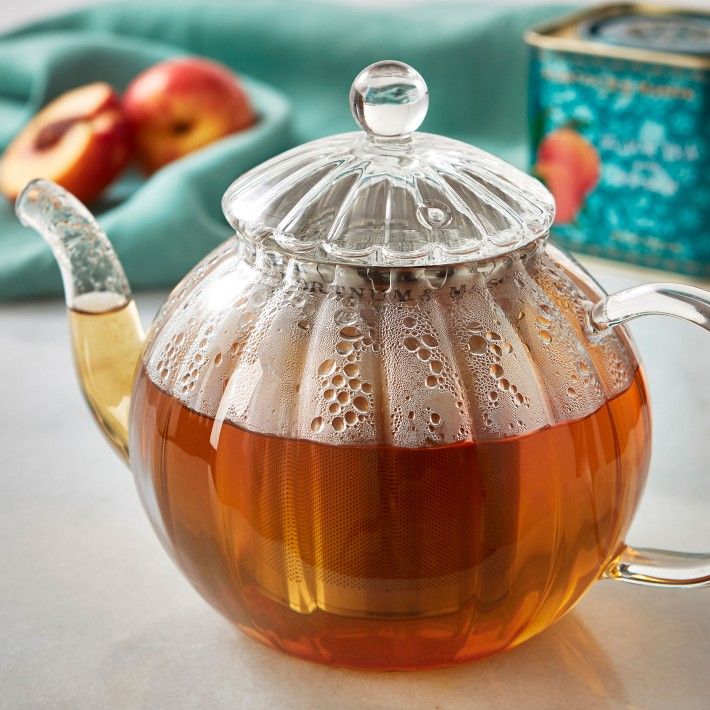
Origin and Varieties of Black Tea
Black tea has its origins in China, but it has spread globally over time. Today, countries like India, Sri Lanka, Kenya, and China are major producers. Each region produces unique varieties of black tea, influenced by climate, soil, and processing techniques. Popular types include:
- Assam: Known for its robust, malty flavor, originating from India’s Assam region.
- Darjeeling: A delicate tea with floral notes, grown in the Himalayan foothills.
- Ceylon: Produced in Sri Lanka, offering citrusy and bold flavors.
- Keemun: A Chinese black tea with a smoky and fruity profile.
The flavor and strength vary depending on the specific variety and the growing conditions.
Processing Methods and Their Impact
The distinct characteristics of black tea come from its unique processing methods. After harvesting, the tea leaves undergo several steps:
- Withering: Freshly plucked leaves lose moisture, making them pliable for further processing.
- Rolling: Leaves are twisted to release natural enzymes and initiate oxidation.
- Oxidation: This key step develops the tea’s dark color and robust flavor. The leaves are left to oxidize until they turn a deep brown or black.
- Drying: The oxidized leaves are dried to lock in flavor and ensure preservation.
Oxidation plays a crucial role in forming black tea’s characteristics. It also impacts the caffeine content, as oxidized teas tend to have slightly higher caffeine levels. The choice of processing method can influence the final taste, caffeine concentration, and overall quality of the tea.
How Caffeine Is Formed in Tea Leaves
Caffeine is a natural compound found in tea leaves. It plays an essential role in the plant’s defense system. The presence of caffeine helps protect the tea plant from pests and also promotes its growth. Black tea, like all other teas, is made from the Camellia sinensis plant, which naturally contains caffeine. This compound is one of the reasons why many people enjoy black tea for its stimulating effects.
Natural Sources of Caffeine in Teas
Tea leaves accumulate caffeine as they grow. The caffeine content can vary based on the plant’s variety and its growing conditions. Factors such as sunlight, soil quality, and altitude greatly influence the level of caffeine in the leaves. Generally, younger leaves and buds tend to have higher caffeine levels. These are often used in premium black tea varieties. Consequently, the caffeine level in black tea is naturally higher than that found in green or white tea. This is due in part to the specific leaf selections made during processing.
The Role of Oxidation During Tea Processing
Oxidation plays a central role in the production of black tea. It occurs when tea leaves are rolled and exposed to oxygen. This process not only changes the leaves’ color and flavor but also impacts their caffeine content. During oxidation, various compounds in the tea leaves, including caffeine, become more pronounced. While oxidation enhances the flavor profile of black tea, it does not significantly increase its caffeine content compared to green tea. However, because of the specific types of leaves used, black tea still contains more caffeine overall.
In conclusion, the caffeine in black tea is largely determined by both natural growing conditions and the unique processing methods employed. Understanding this can enrich your appreciation for your favorite brew.
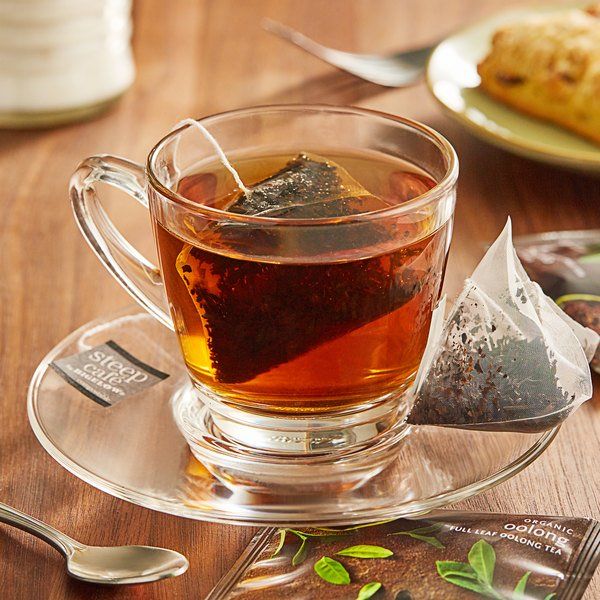
Comparing Caffeine Levels in Black Tea to Other Teas
Understanding how the caffeine in black tea compares to other beverages is important. Each type of tea has its unique caffeine content due to differences in processing, leaf selection, and preparation. Let’s look at how black tea stacks up against green tea, herbal teas, and even coffee.
Black Tea vs. Green Tea
Black tea usually contains more caffeine than green tea. This difference arises due to oxidation and leaf selection. Black tea undergoes complete oxidation, while green tea does not, preserving different compounds. On average, an 8-ounce cup of black tea has 40–70 milligrams of caffeine. Green tea, in contrast, provides about 20–45 milligrams. However, the specific caffeine content depends on brewing methods and tea quality. Green tea’s lighter processing may make it a better option for those sensitive to caffeine.
Black Tea vs. Herbal and Decaffeinated Teas
Herbal teas, unlike black tea, do not naturally contain caffeine. These teas are made from herbs, fruits, or flowers, not the Camellia sinensis plant. Therefore, they are naturally caffeine-free and ideal for people avoiding stimulants. Decaffeinated black tea, on the other hand, is a processed version of regular black tea. It contains minimal caffeine, roughly 2–5 milligrams per cup. While the flavor differs slightly, it allows caffeine-sensitive drinkers to enjoy black tea.
Black Tea vs. Coffee
Coffee contains significantly more caffeine than black tea. An 8-ounce cup of coffee typically has 80–120 milligrams of caffeine. In comparison, black tea’s caffeine levels are much lower, averaging 40–70 milligrams per cup. Despite having less caffeine, black tea provides a gentler energy boost. The L-theanine in black tea slows caffeine absorption, ensuring prolonged alertness without the jitters often associated with coffee. This makes black tea a popular alternative for moderate caffeine consumers.
Factors Influencing Caffeine Content in Black Tea
The caffeine content in black tea depends on multiple factors. Understanding these factors can help you control the caffeine levels in your cup. This knowledge is valuable for managing your daily caffeine intake effectively.
Brewing Time and Temperature
Brewing time and temperature significantly affect the caffeine in black tea. Longer brewing times extract more caffeine from the leaves. Typically, steeping a cup for 3 to 5 minutes is recommended. If you steep the tea for longer, you will get a stronger infusion. Using hotter water also releases more caffeine. Water temperatures between 190°F and 212°F are ideal for brewing black tea. By adjusting the steeping time and water temperature, you can manage the strength and caffeine content of your tea.
Tea Leaf Quality and Type
The type and quality of tea leaves play a crucial role in determining caffeine levels. Premium whole leaves usually contain more caffeine than broken or powdered varieties. Younger leaves and buds tend to have higher caffeine levels. These are commonly used in fine black teas. In contrast, teabags often contain smaller, broken leaves. This can lead to a quicker release of caffeine into your cup. Using loose-leaf black tea gives you greater control over the caffeine levels. This allows you to customize your brew according to your preferences.
Serving Size and Concentration
Serving size is another key factor that influences caffeine content. Larger servings naturally contain more caffeine. For instance, using more tea leaves results in a stronger brew. Each teaspoon of black tea boosts the overall caffeine concentration. An 8-ounce cup typically contains around 40 to 70 milligrams of caffeine. If you increase the number of tea leaves or the tea-to-water ratio, you will achieve even greater caffeine levels. Keeping track of serving size and concentration can help you tailor your tea-drinking experience to your liking. Understanding these factors empowers you to enjoy black tea while managing your caffeine intake effectively.
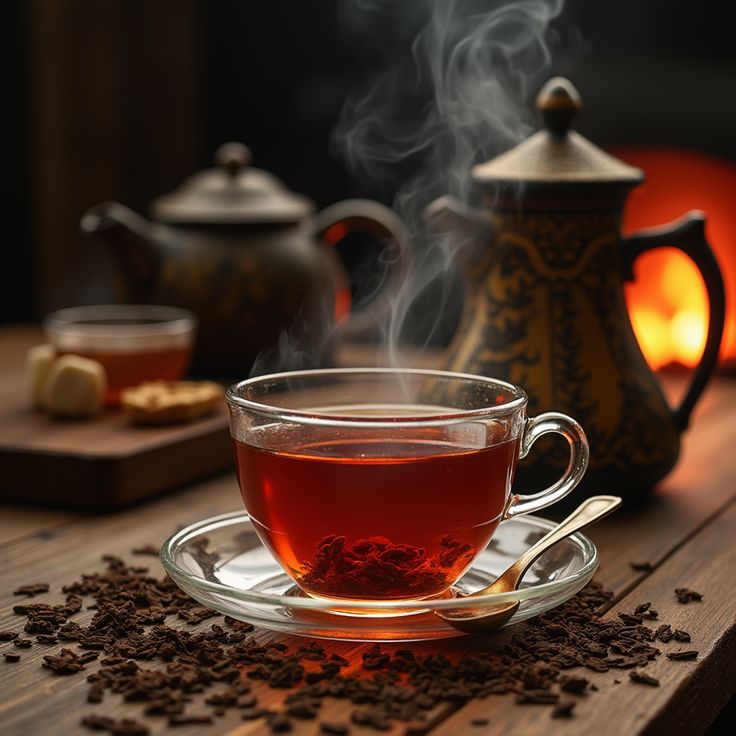
Health Impacts of Caffeine in Black Tea
Black tea contains a moderate amount of caffeine, which affects the body in various ways. Exploring the benefits and potential side effects can help drinkers make informed choices.
Benefits of Moderate Caffeine Intake
- Boosts Mental Alertness: Caffeine in black tea helps increase focus and concentration.
- Enhances Energy Levels: It provides a gentle energy boost without overwhelming the nervous system.
- Supports Heart Health: Moderate caffeine combined with antioxidants in black tea may improve circulatory health.
- Improves Mood: Caffeine stimulates the central nervous system, which can enhance mood and reduce fatigue.
- Aids Digestion: Black tea may support digestion by promoting metabolism and activating digestive enzymes.
- Contains L-Theanine: The L-theanine in tea balances caffeine’s effect, ensuring long-lasting energy without jitters.
Possible Side Effects of Excessive Consumption
- Sleep Disruption: High caffeine intake can lead to insomnia or disturbed sleep patterns.
- Increased Heart Rate: Overconsumption may cause rapid heartbeat and potential discomfort.
- Digestive Issues: Drinking too much black tea can sometimes lead to upset stomach or acid reflux.
- Dependency: Regularly consuming high doses of caffeine may lead to mild dependency or withdrawal symptoms.
- Dehydration: Excess caffeine acts as a diuretic, causing increased urination and dehydration.
- Irritability: Sensitivity to caffeine may result in restlessness or irritability in some individuals.
Understanding the right balance is key to harnessing the benefits while minimizing risks. Moderate black tea consumption can contribute positively to overall health.
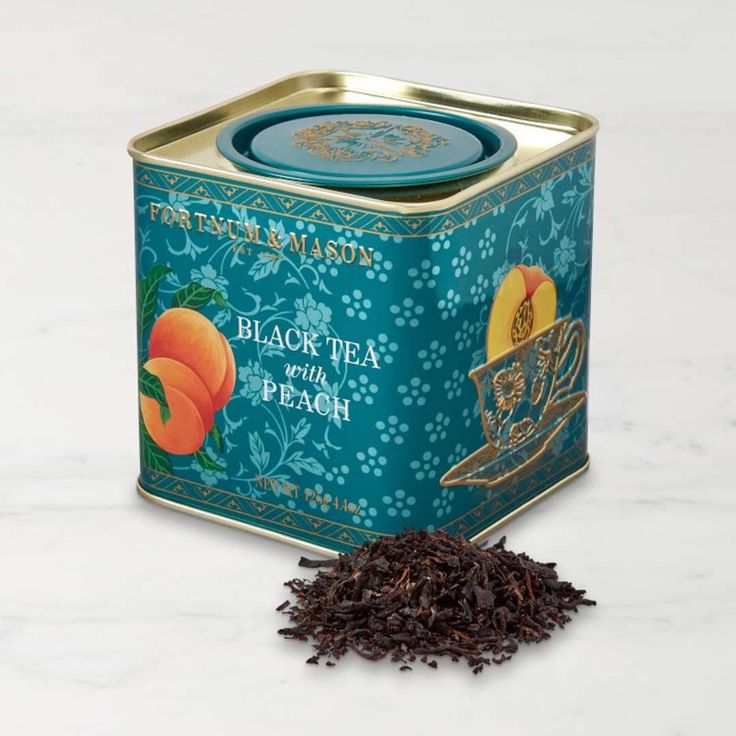
Decaffeinating Black Tea
Decaffeinated black tea offers an excellent option for those seeking reduced caffeine intake. This process removes most of the caffeine while preserving the tea’s natural flavors. Understanding the different types of decaffeinated black tea and their production methods can help you choose the right one for your needs.
Varieties of Decaffeinated Black Tea
Decaffeinated black tea comes in various forms based on the production methods used. The two main varieties are solvent-based decaffeination and water processing. Each method has its advantages and unique characteristics.
- Solvent-Based Decaffeination: This method uses solvents like ethyl acetate or carbon dioxide to effectively extract caffeine from the tea leaves. It ensures significant caffeine removal while helping to retain the tea’s flavor profile. Among these methods, carbon dioxide decaffeination is often considered the safest and most eco-friendly option. This method is highly efficient and helps maintain the tea’s aromatic qualities, making it a popular choice for many tea drinkers.
- Water Processing: This method relies solely on water to extract caffeine naturally from the leaves. It avoids the use of chemicals, appealing to health-conscious drinkers who prefer a more natural approach. Although this method is less common, it offers a gentler taste profile. However, water processing may slightly alter the overall flavor of the tea. The lighter taste can be appealing to some, while others may miss the robust flavors usually found in regular black tea.
How Decaffeination Affects Flavor and Nutrition
Decaffeination significantly impacts the flavor, aroma, and nutritional value of black tea. Here’s what you need to know:
- Flavor Profile: The decaffeination process can slightly diminish the boldness of black tea’s flavor. However, high-quality decaffeinated teas typically retain most of their original taste. This ensures you can still enjoy an enjoyable drinking experience without the caffeine.
- Lower Antioxidant Levels: Some decaffeination methods may reduce the antioxidant content of the tea. Antioxidants, such as polyphenols, can decrease slightly during processing. To preserve nutrients better, consider opting for methods like carbon dioxide extraction, which is less impactful on the tea’s beneficial compounds.
- Reduced Boldness: Decaffeinated black tea often tastes smoother compared to regular black tea. This means it may have a lighter aroma and less complexity. The reduced sharpness can be a plus for those who prefer a milder flavor.
By selecting the right decaffeinated variety, you can still enjoy the benefits of black tea while minimizing your caffeine intake. Enjoying decaffeinated options allows you to experience the flavor while managing your health needs effectively.
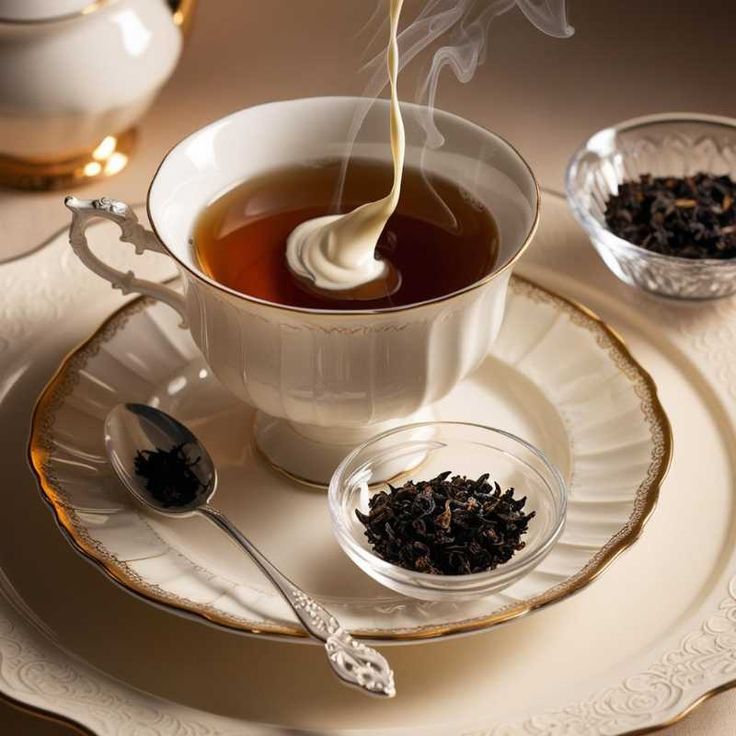
Practical Tips for Managing Caffeine Intake with Black Tea
Managing caffeine in black tea requires some planning. First, choose the right type of black tea. Some varieties have lower caffeine levels than others. Steeping time plays a significant role. A shorter steeping time can reduce caffeine content. Another tip is to use cooler water. This method can also help lower caffeine extraction. Consider drinking decaffeinated black tea for less caffeine. Lastly, moderation is key. Enjoying black tea in smaller amounts can help balance your caffeine intake.
Choosing Tea Based on Caffeine Strength
- Opt for Decaffeinated Varieties: Choose decaffeinated black tea for minimal caffeine levels.
- Select Whole Leaves: Premium whole leaves often contain balanced caffeine and rich flavor.
- Pick Lighter Varieties: Milder black teas, like Darjeeling, may naturally have less caffeine.
- Consider Herbal Blends: Mix black tea with herbal ingredients for reduced overall caffeine content.
- Choose Smaller Servings: A smaller tea size helps limit your caffeine intake.
Tips for Brewing Balanced Caffeine Levels
- Shorter Brewing Times: Steep tea for 2–3 minutes to extract less caffeine.
- Cooler Water Temperature: Use water below boiling (190°F) for slower caffeine release.
- Use Less Tea Per Cup: Brew with fewer leaves for a lighter dose of caffeine.
- Experiment with Blends: Combine black tea with decaffeinated or herbal tea.
- Drink Earlier in the Day: Avoid caffeine sensitivity by drinking black tea in the morning.
These simple adjustments can make black tea enjoyable without excessive caffeine. Managing brewing methods and leaf selection offers great control over your tea’s stimulant levels.